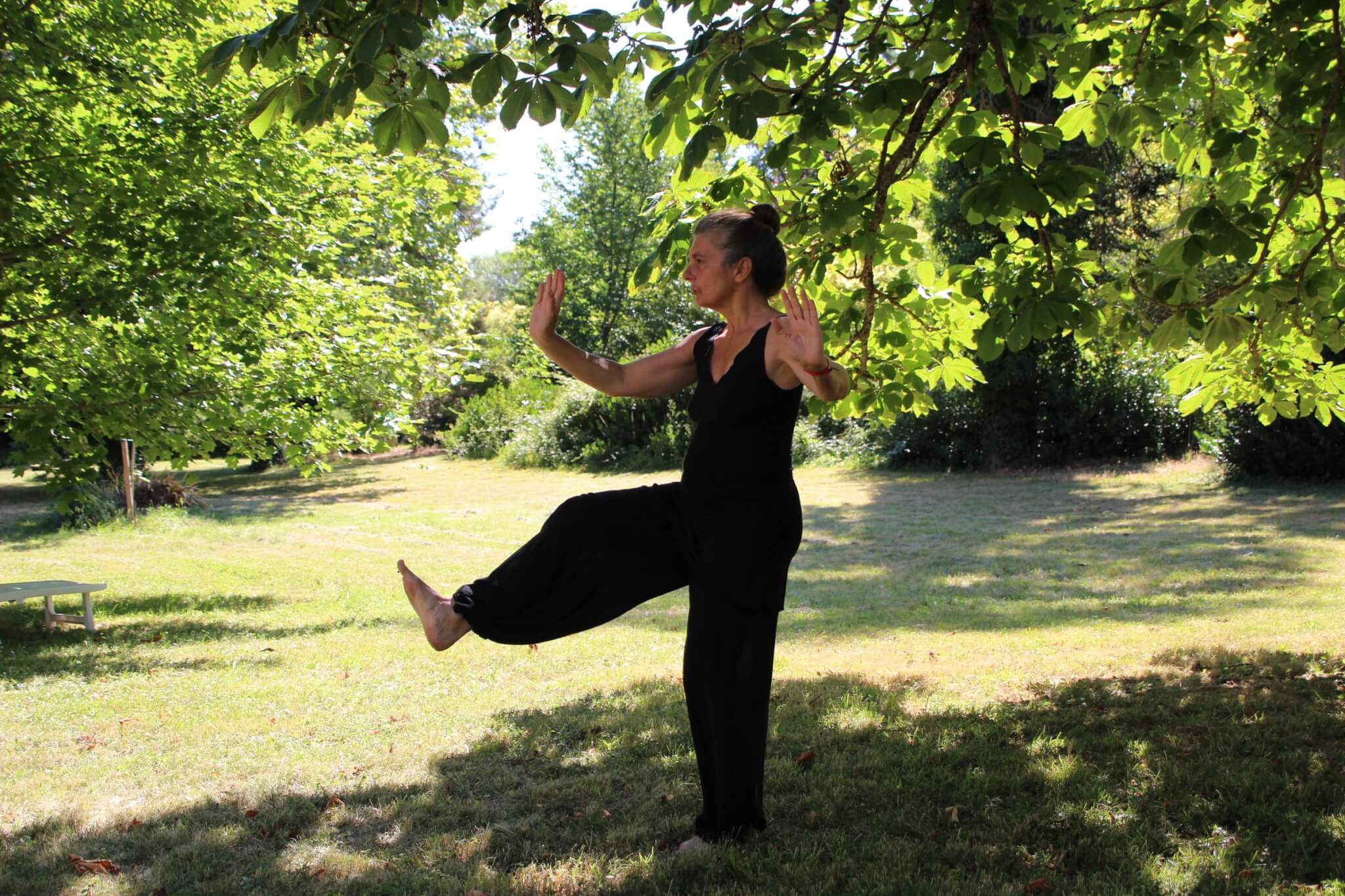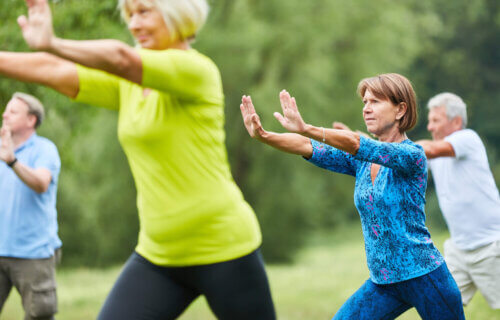BEIJING, China — Tai Chi is more effective than traditional aerobic exercises for reducing blood pressure in adults with prehypertension, new research suggests. Researchers warn that increases in systolic blood pressure — the top number of a blood pressure reading — signals a higher risk of developing hypertension and cardiovascular diseases.
Prehypertension is a critical health stage, indicating elevated blood pressure levels that are not yet high enough to be classified as hypertension but still pose significant risks for future cardiovascular problems. Recognizing the importance of early intervention, researchers in China compared the impacts of Tai Chi, a gentle form of Chinese martial arts known for its health benefits, against more vigorous aerobic activities such as jogging, brisk walking, and cycling.
Conducted across two major hospitals in China from July 2019 to January 2022, this research involved 342 participants between 18 and 65 years-old, all of whom were at the prehypertension stage, with systolic levels between 120 to 139 mm Hg or diastolic blood pressure (DBP) levels between 80 to 89 mm Hg.
Researchers from the China Academy of Chinese Medical Sciences split the participants into two groups, with one group undertaking Tai Chi and the other engaging in aerobic exercise, including climbing stairs, jogging, brisk walking and cycling four times a week during the same time frame. Both groups participated in four 60-minute supervised sessions weekly for an entire year. The primary measure of success was the reduction in office-measured SBP after 12 months.
Half of the participants, average age 49, engaged in Tai Chi for an hour in four weekly guided sessions over a year.

The Tai Chi group saw a significantly greater reduction in SBP compared to the aerobic exercise group. Specifically, Tai Chi participants experienced a reduction of -7.01 mm Hg in their systolic blood pressure (SBP), whereas those in the aerobic exercise group saw a -4.61 mm Hg reduction. These findings were not isolated to office-measured BP; the Tai Chi group also showed superior results in 24-hour ambulatory SBP measurements, particularly during nighttime, suggesting an enduring and consistent blood pressure management effect.
Why does Tai Chi have this effect?
Tai Chi is a mind-body practice that emphasizes slow, controlled movements, deep breathing, and mental focus. Unlike aerobic exercise, which can require significant space and pose a risk of joint damage, Tai Chi is low-impact, making it accessible for individuals of all ages and fitness levels. It not only helps improve physical balance and cardiopulmonary function but also encourages relaxation, potentially reducing stress levels and thus, blood pressure.
The researchers note that study is a significant addition to the body of evidence supporting the health benefits of Tai Chi, suggesting that it may be particularly beneficial for those in the early stages of hypertension. With its ease of practice and minimal requirements, Tai Chi stands out as a promising strategy for cardiovascular disease prevention, offering a path to better health that is both accessible and enjoyable.
The study is published in JAMA Network Open.
